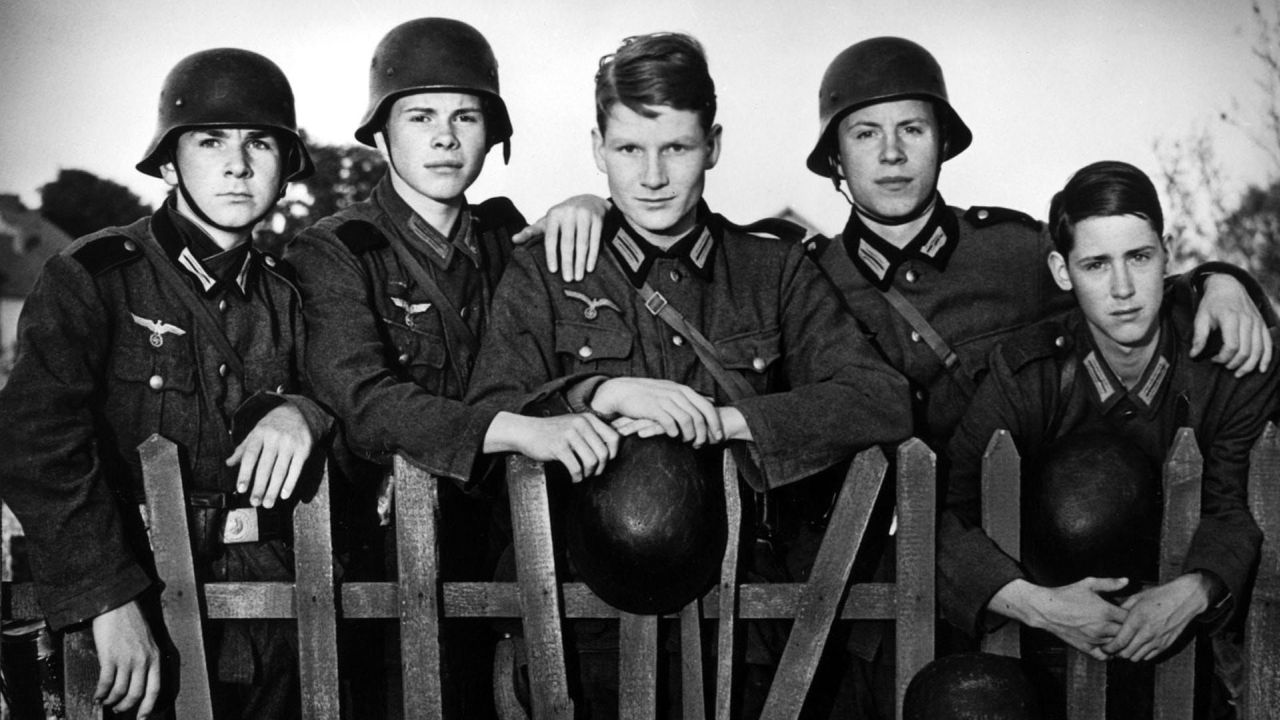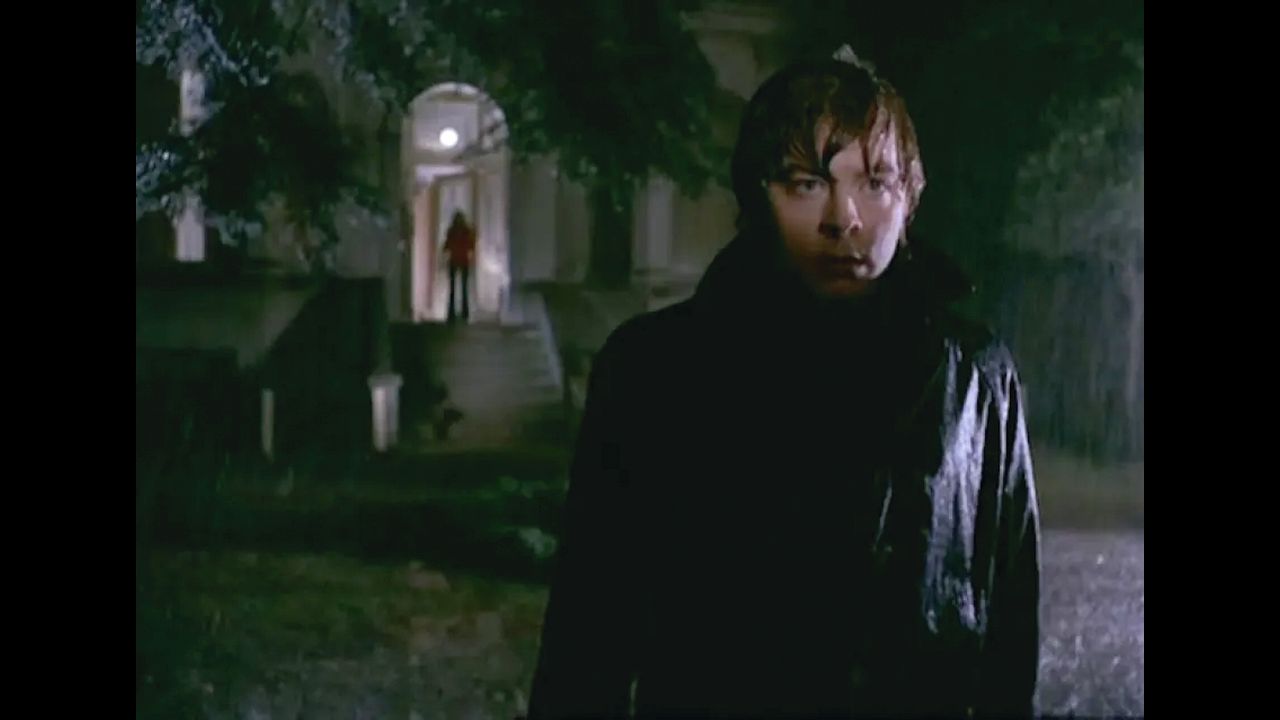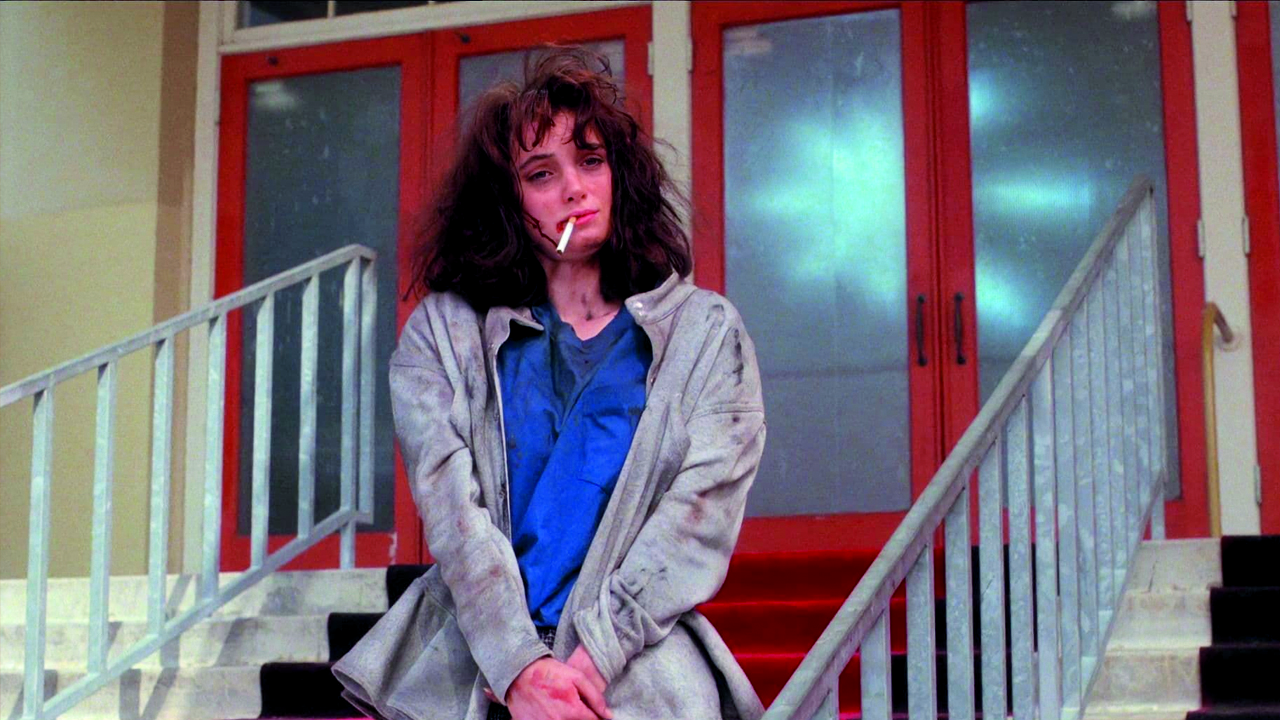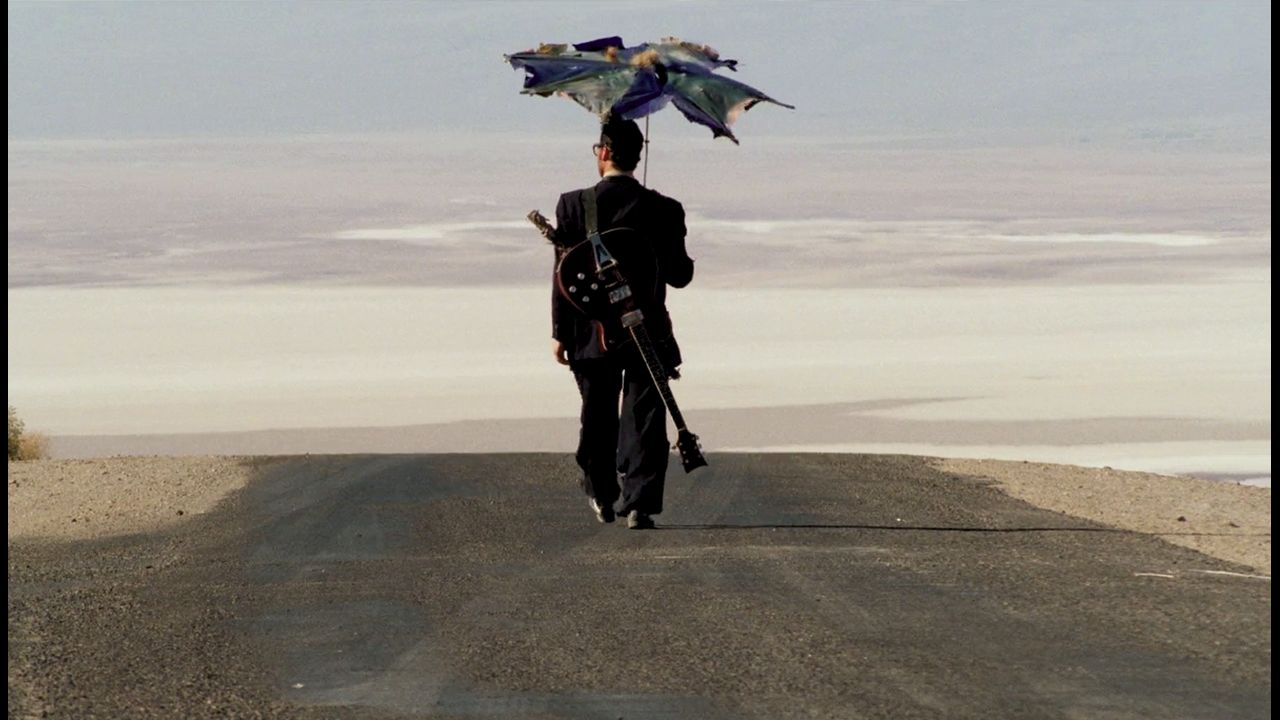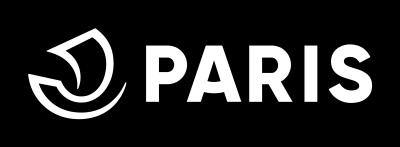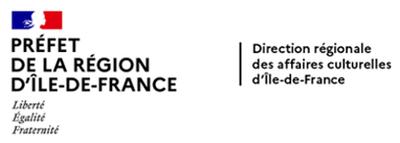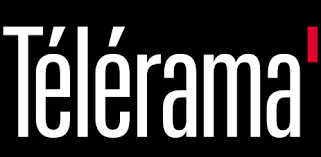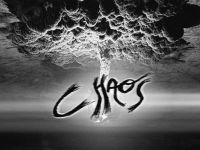
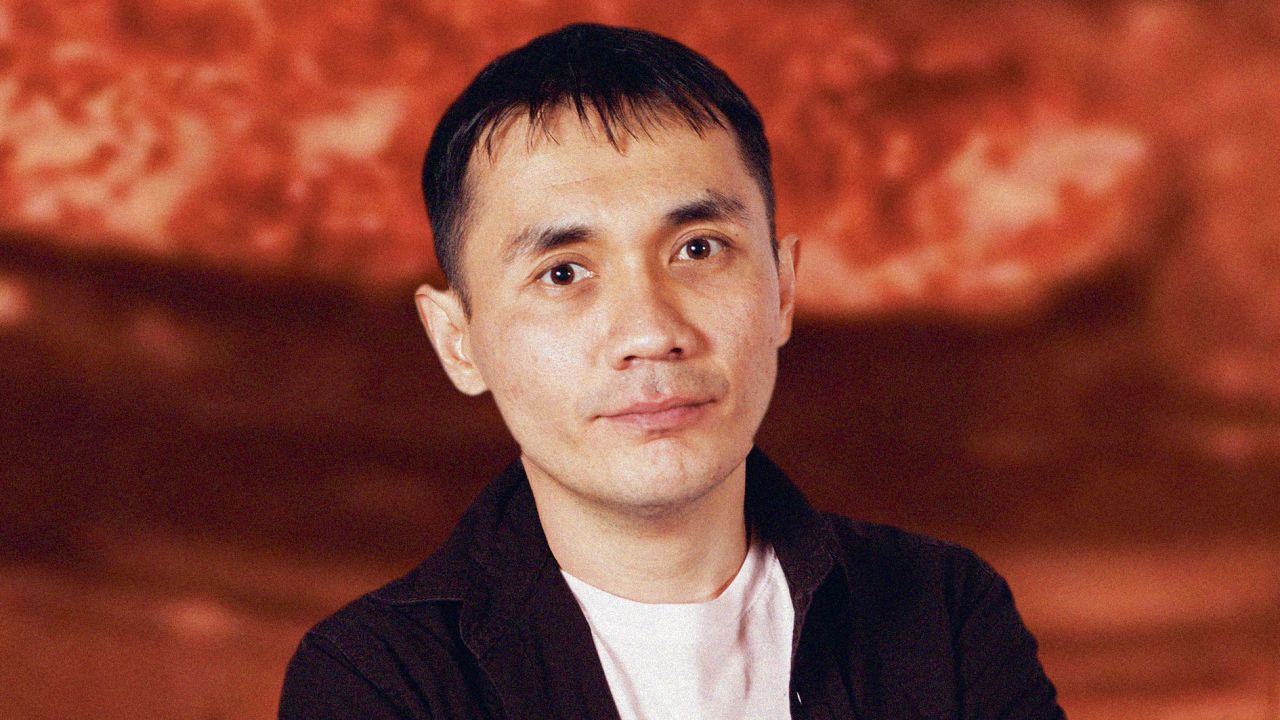
Carte Blanche Adilkhan Yerzhanov
A true cinephilic friendship has grown between Adilkhan Yerzhanov and L’Étrange Festival, where in 2018 his entire body of work was revealed along with The Gentle Indifference of the World, a major film, as it revealed to the world the contemporary Kazakh cinema leader’s typical mix of eminently visual clinical coldness and his absurd grating humor, making him something of a post-Soviet heir to Takeshi Kitano, steeped in Camusian philosophy (the phrase “the gentle indifference of the world” is, in fact, taken from the novel The Stranger).
Born in 1982 in the heart of the communist system, in Jezqazğan, (a Kazakh city on the outskirts of which stood a Russian concentration camp), a graduate from the National Academy for Arts of Kazakhstan in 2009, furthered by studies in the USA, Adilkhan Yerzhanov has experienced both the totalitarian utopia and an opening to the world, allowing him to observe his country’s contemporary state, with a dual but rich blend of intimacy and detachment, and more generally a world where everything seems to be going askew.
The little imaginary city of Karakas, an experimental theater staging a placidly scrutinized chaos, acts as a laboratory, concentrating all the flaws of the post-soviet society of this satellite country of an omnipresent Russia, that still keeps a strong grip on everything surrounding it. From generalized police corruption to the threats of ruthless local mafias (they play major roles in Yellow Cat [2020] or Goliath [2022]), from endemic patriarchy (especially in Ulbolsyn [2020] and Ademoka’s Education [2022]) to the despairing failure of all public powers (the beautiful Assault from 2022), Karatas becomes for Yerzhanov a symptom of a deliquescent Kazakhstan, a young nation prone to political fluctuations, and he tunes his films’ tonalities with the current situations agitating his country.
If the absurdity of the Kazakh system seemed laughable enough to taint the drama and violence with a wry smile, the severely repressed popular rebellion of 2022, pushed Yerzhanov’s cinema towards a surprising nihilism (Steppenwolf [2024], maybe his best movie), announcing an even freer and unleashed cinema, hence more militant too, in view of the films presented this year at L’Étrange Festival (Cadet, Moor and the beginning of his series Kazakh Scary Tales). A constantly evolving film work, indexed on the world’s absurd mechanics, and that never ceases to surprise us… as do the films chosen in his carte blanche.
